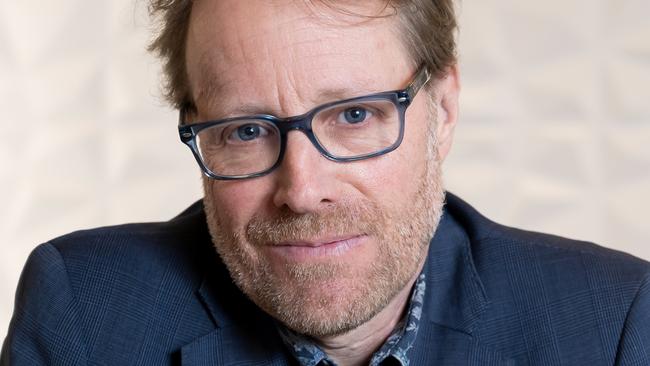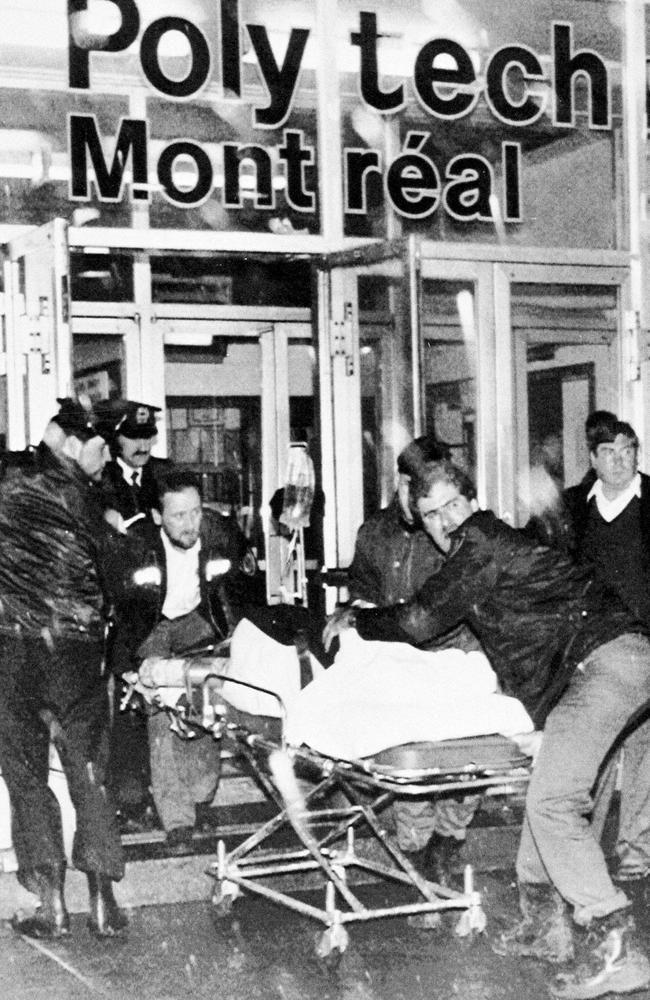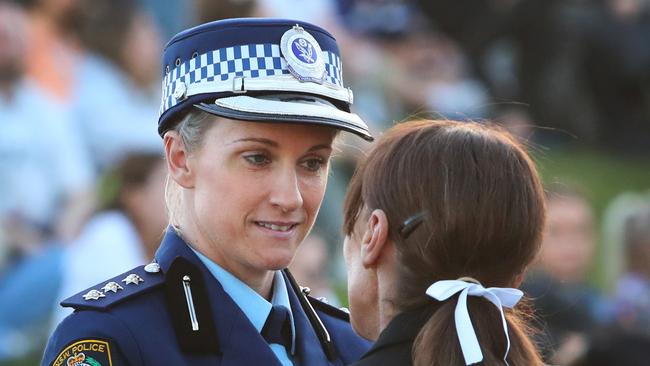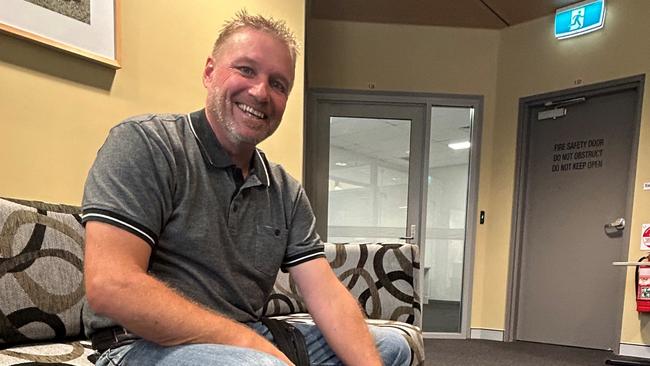PTSD professor details own experiences in the wake of Bondi Junction fatal stabbings
It was a deadly mass shooting that left 14 women dead. Caught up in the carnage, it changed Dr Alain Brunet’s life forever. But what he saw in the aftermath could help the more than one million Australians living with PTSD.
QLD News
Don't miss out on the headlines from QLD News. Followed categories will be added to My News.
It was the deadly mass shooting that left 14 women dead, 14 others wounded and changed Alain Brunet’s life forever.
In 1985, Dr Brunet was one of the students caught up in the infamous Ecole Polytechnique massacre in Montreal, where Marc Lepine, armed with a semiautomatic rifle and a hunting knife, went on an “anti-feminist” rampage, killing women but also wounding several men.
While the terrifying details of the day still haunt him, it was the way the authorities handled the event that really shook him.

“It was a life changing moment for me, what they did (authorities) at the time, really big mistake in retrospect, they essentially locked the whole pavilion with the shooter inside,” he said.
“It was really not well handled at the time, and I thought to myself we need to know more about how to intervene here.”
But for Dr Brunet, this response and the way victims were counselled in the aftermath, was what made him ultimately decide to focus his psychology career on the treatment of trauma.
Now, 39 years later, Dr Brunet is a leading researcher on post-traumatic stress disorder at McGill University in Canada and is travelling to Queensland to spearhead a new National PTSD Research Centre, which officially opens at the University of the Sunshine Coast on Wednesday.
The centre aims to help the 1.4 million Australians living with the disorder and assist the estimated 75 per cent of Australians who have experienced at least one traumatic event.

Dr Brunet said the recent “impressive actions” of NSW police officer Amy Scott at Westfield Bondi Junction, were in stark contrast to what he witnessed during the Ecole Polytechnique massacre.
“[She] was on duty, heard the call, rushed to the shopping mall and eventually after trying to disarm the person, shot the person, and that is not something that used to be done, a while ago in the past,” he said.
Mr Brunet said people react with a “variety of responses” during traumatic events but that is was often “heroes”, those who rush to help in these events, who are forgotten about in the aftermath.

“Unfortunately it (being a hero) will not prevent them from suffering eventually from PTSD. But it is a very courageous thing to do,” he said.
For people who experience distressing and traumatic events Mr Brunet said “its normal to have symptoms” relating to PTSD.
“At the beginning of a crisis like this, the message is to normalise. We want to say it’s normal to have those symptoms,” he said.


Shane Smithers, who is participating in clinical trials for PTSD treatments at USC, believes with the right intervention and better support he may have been able to avoid the worst of his PTSD.
Mr Smithers, a former police officer, was the first officer on scene to attend to a knife wounding in 2018, and was confronted with a “scene out of a horror movie.”
“At one point she (the victim) was in my arms as the doctors tried to restart her heart,” Mr Smithers said.

Originally published as PTSD professor details own experiences in the wake of Bondi Junction fatal stabbings


